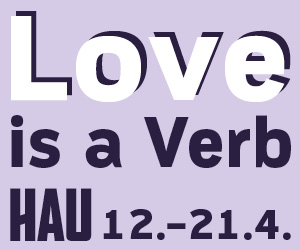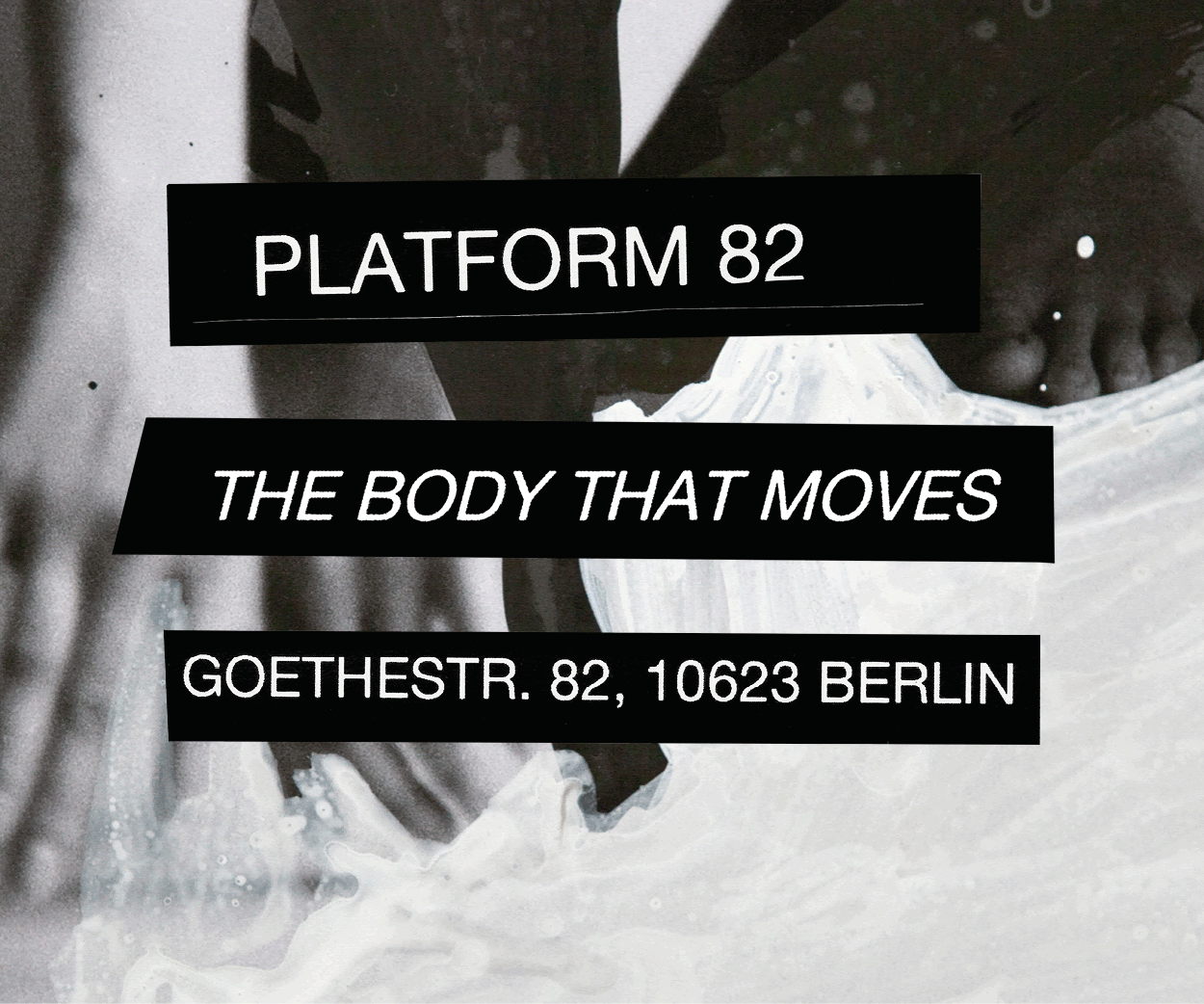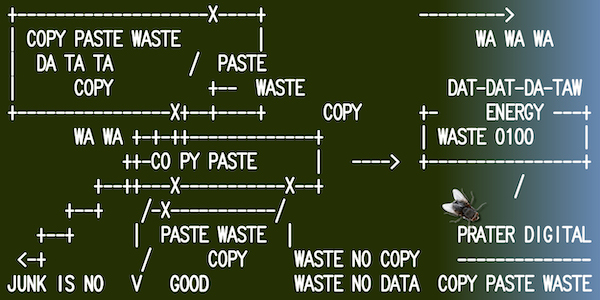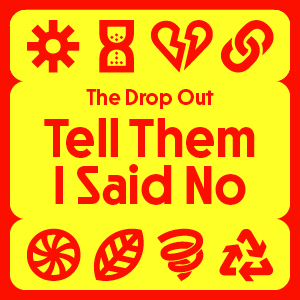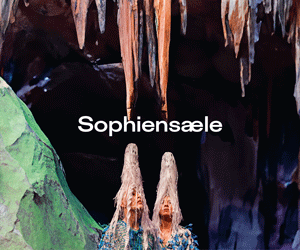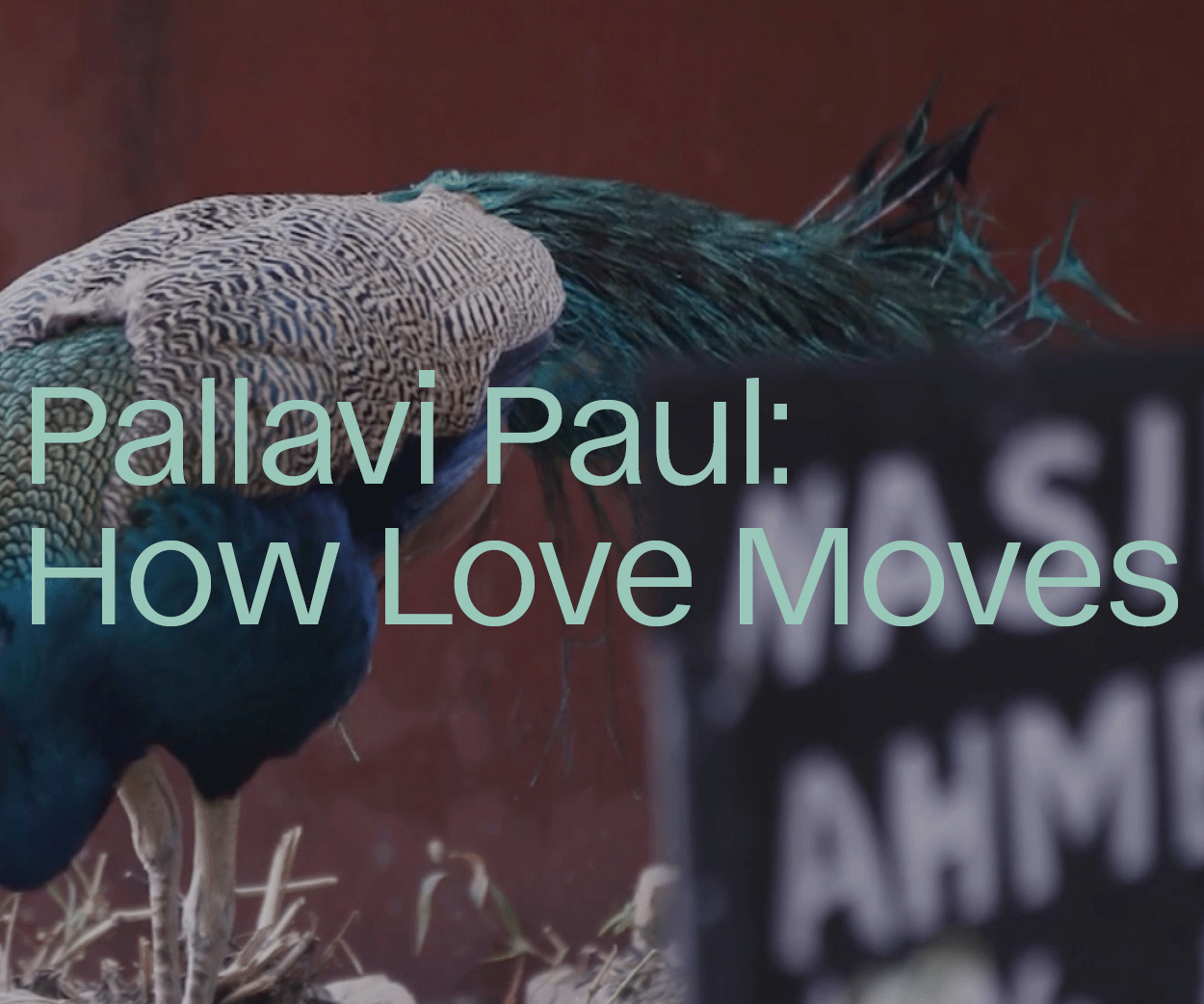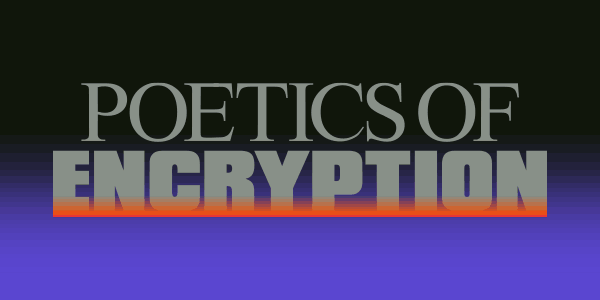Interview by Marc Girardot in Berlin // Friday, Feb. 19, 2016
Berlin Art Link presents The Resonators Series, covering all forms of Berlin’s experimental sound and music scene, from underground clubs to sound installations.
Luca Mortellaro aka Lucy is a self-made artist. Originally from Italy, Lucy travelled a lot before choosing Berlin as a home-base to develop his personal project. In 2009, he founded his own label Stroboscopic Artefacts, today highly respected in the techno scene. Stroboscopic Artefacts approaches music as a research playground and a way to let the unexpected unfold itself.
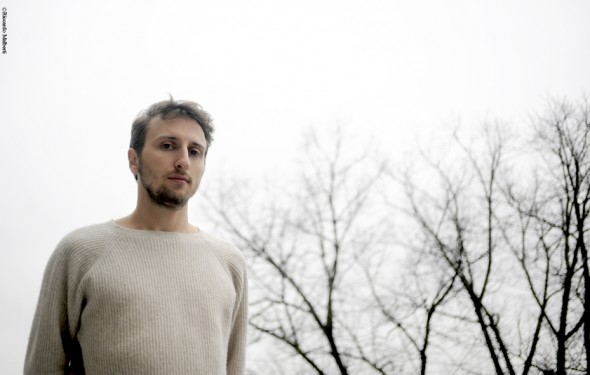
Lucy, Stroboscopic Artefacts // photo by Riccardo Malberti
Marc Girardot: Lucy, what was the context of your label’s foundation? How did Stroboscopic Artefacts start?
Lucy: It wasn’t so clear for me! What I wanted to do is to build up a platform for certain things to happen as I had them in mind. In the end, the record label thing looked like the most interesting and potentially good way to do it at that moment. As you can probably see from how the label has been build up, it is really not just about music. I see music as a tool that you can use for doing something better. Music is like a step, even for myself, personally, as Lucy. It is the same concerning the label.
From the start, there was the record label Stroboscopic Artefacts. Oblivious Artefacts, the collective who is taking care of all the visual and graphic identity is founded and managed by brother Ignazio Mortellaro. There are a lot of collaborators but he is the main person responsible of it. There is a constant communication between us. I feel really lucky because there is like a telepathic connection between me and Ignazio. We always kept a close and tight relationship. It helps us to make things easier but also more meaningful. It is something we build together. And in my opinion, the visual and the aesthetic of a label is as important as the music. Artefacts Mastering is managed by the Dadub Collective guys. They take care of the post-production process and mastering as well.
From day one everything was conceived as a collective place where many different kinds of forces work together, where you can lean on each other. We had no connection with the music industry and we had no particular ambition in it. We needed to do this because that was what we felt like doing. That’s it! Then, the touring, the articles, the interest from the crowd… All that kind of stuff came way later. It is not an easy process. There is a lot of struggle. It is like a family with all the issues that families bring. After a while, things began to emerge and opened-up. From a close family, it became more like a large collective of people, a group of minds.
MG: Stroboscopic Artefacts has created its own musical identity. How did you get to that point?
L: We are known as a techno label, mainly. Yet if when you listen to our discography there are lots of things that you can’t conceived as techno music. They are completely free of any boundaries and that’s okay! Because for me when I talk about techno, I don’t talk about it as a musical genre. In my opinion, it is an approach to music.
MG: Would you say that all electronic music is experimental in a way?
L: I wouldn’t say that all kinds of electronic music are experimental. When we touch the point where it goes to a more mainstream approach, then no, it’s not! This is when things get crystallized: when the creativity falls to zero, when it is more about the show than the content, when the appearance starts to count more than the message, and when the message falls behind. That’s when things get uninteresting to me.
MG: Once a month, you are doing sound bath meditation at Yellow Yoga in Berlin. So you believe in musical therapy.
L: Absolutely! I truly, strongly, deeply believe in musical therapy. These meditation lessons are something really important to me. I started it for a reason. I needed to do something outside any kind of consumer logic. I don’t get paid for it. It’s all charity. It happens every first Wednesday of the month. I am experimenting a lot during these sessions, mainly with gongs and some other kind of bell-type percussion. When I started music, even before I knew anything about electronic music, I was playing percussion. So, it is a way for me to come back to my very early roots.
Music has a very powerful property. If you think about it, sound waves are physical waves. It is not like imaginary things, it trespasses your body. Music is audible waves and what you can hear is only a part of it. Your body is mainly made of water and, as you know, water vibrates. Music has a real effect on your body. That’s why people move and lose their mind dancing. It is not new knowledge.
MG: If we look at electronic music history, there was always a close relationship with percussion. How do you explain it?
L: I am not the first one to talk about this. I still remember this sentence which really touched me so deeply from one of the guys in Kraftwerk. Everybody was talking about them like they were sound pioneers. They were so humble and said something like: “Look, we are not making any musical revolution here. Electronic music is just an ethnic music of our civilization.”
That’s where I see the connection, and I totally agree. Not only mentally, but I can really feel what they meant.
MG: In 2012, you were asked to perform at Rossini Festival. I guess it represents a real accomplishment in your career?
L: It was a big honor for me. They are doing it once a year in central north Italy. Every time they invite just one artist to remix something from Rossini, and it is interesting because every year they invite an artist from a totally different background. Gioachino Rossini is a very important musical character in Italy, of course, and classical music generally. It was a really stimulating experience for me to work live on lyrical music. It was really intense! Of course, you have to think about the public, mainly composed of dinosaurs, if you know what I mean. It is a very high class intellectual group: mainly people who are teaching, researching at the university, some high profile kind of associations. So it is a very different crowd from what I am used to, but the creativity coming from this performance was very interesting.
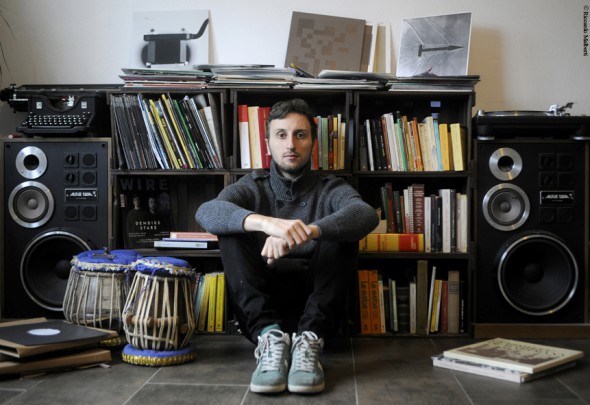
Lucy, Stroboscopic Artefacts // photo by Riccardo Malberti
It proves again that electronic music is not just related to clubs. It is a process, tools and steps, which can take you a long way if you use them widely.
MG: The year 2015 has been a very productive year for Stroboscopic Artefacts: the release of 5 years of artefacts, the album Blurse of the artist Chevel and his remixed version released last December, your EP in collaboration with Ben Klock, among others. What are your ambitions for 2016?
L: I want to come back to the album thing, keep doing things in a familial way, keep pushing the boundaries. And I am also working on a personal project. I don’t want to talk about it while it is not clear in my head yet. But it is a creative boiling moment for me. I really enjoy sitting in the studio these days. Once again, the research that I have in mind doesn’t end up just in producing music. There is something quite big in the works!
Indeed, Lucy was working on his third Album, Self Mythology, which will be released the 6th of May on his own label Stroboscopic Artefacts. This new album is referencing to “old legends and fairytales,” according to the label, and offers an “intimate audio autobiography of its creators while also referring back to the stories that have shaped human destiny for millennia.”.


